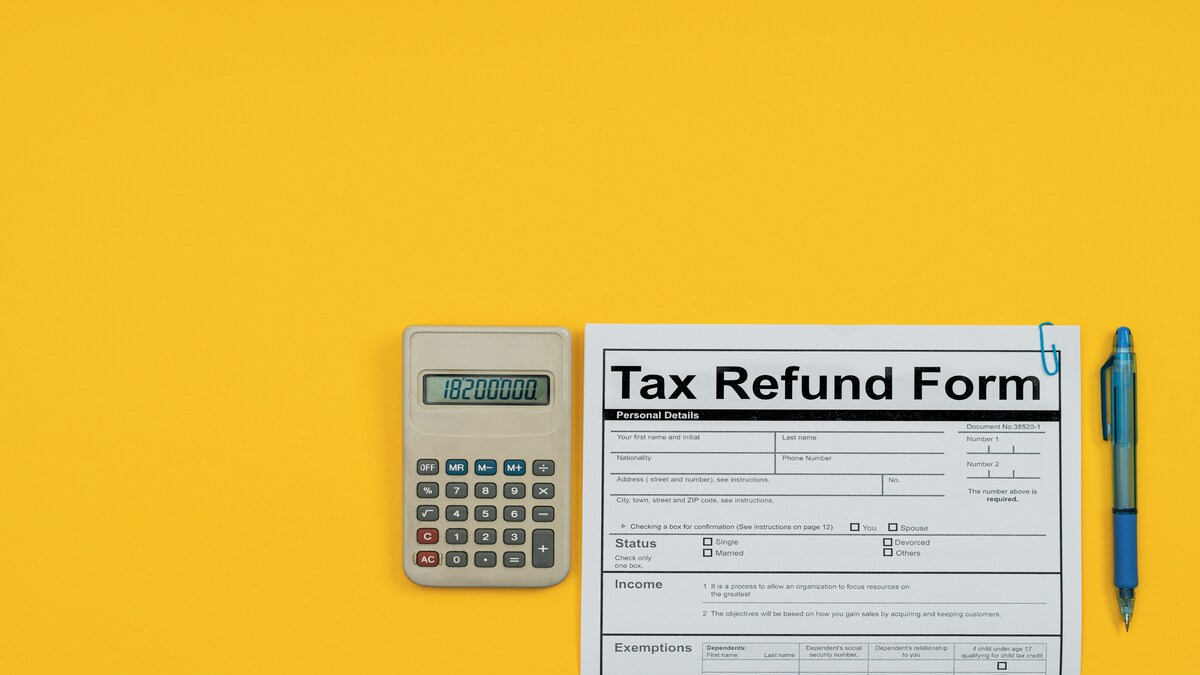Though often really complex, tax laws can be pretty simple, and so are most of the mistakes found in tax return submissions. Filing too early and missing certain things are just a few of the reasons for delaying the processing of your income tax return and the very real risk of completely losing out on a refund. Here are ways to avoid such mistakes.
Read more: Can’t pay your taxes? Here’s how to set up an IRS payment plan.
Simple mistakes that cause big problems
Filing too early
Too early filing is almost as bad as late filing. Hurrying taxpayers to file without all of their tax forms often causes mistakes. Returns become delayed. Wait until you have landed all your forms, including any W-2s and 1099s, before filing.
Missing or inaccurate Social Security Numbers (SSNs)
All SSNs should match exactly with the corresponding Social Security cards. Any error in them results in the IRS automatically rejecting returns. Misspelled names cause the same complications, so taxpayers should ensure that the names on the return match their Social Security records.
Data entry errors
It is essential to report all the income quite accurately, such as wages, dividends, as well as bank interest. Tax-relevant documents like W-2s or 1099s details have to be entered carefully. If the data is found to be false or incomplete, the return can either be rejected or the refunds can drastically be affected.
Choosing the wrong filing status
Some taxpayers have probably made an error in choosing their filing status. The IRS provides an Interactive Tax Assistant at IRS.gov to assist taxpayers with their selection, particularly for those for whom more than one status is relevant. It’s also possible to employ tax software to lead the taxpayer through the process.
Math mistakes
Errors in addition, subtraction, or other calculations are among the most common tax return mistakes. Tax software can handle the math automatically, reducing the chance of errors. For those filing manually, double-checking calculations is essential.
Digital tools and tips for errorFree filing
Claiming credits and deductions
Errors in calculating tax credits and deductions, such as the Earned Income Tax Credit (EITC) or Child Tax Credit, are frequent. The IRS’s Interactive Tax Assistant can help determine eligibility and tax software simplifies the process by including required forms and ensuring accuracy.
Incorrect bank account information
For taxpayers expecting a refund, direct deposit is the fastest method. However, providing incorrect bank routing or account numbers can delay refunds. Double-checking this information is crucial.
Unsigned forms
An unsigned tax return is invalid. For joint returns, both spouses typically must sign unless an exception applies, such as for members of the armed forces or those with a valid power of attorney. Filing electronically and digitally signing ensures this step is noticed.
Using reliable resources
Filing taxes electronically is a great way to avoid the most common mistakes. Tax software performs mathematical computations, flags errors, and prompts users whenever information is missing. It can also help one find valuable credits and deductions. The IRS Free File program offers a range of free electronic filing and online tax preparation options, including resources in Spanish.
Taxpayers who prefer using tax professionals to assist them should consider reputable tax preparers, such as certified public accountants or enrolled agents. These professional persons are well versed in tax laws and can help ensure that everything is accurate.
A final word on filing correctly
The IRS encourages everyone to e-file their tax returns and choose direct deposit, through which they can have their refunds disbursed quickly and securely. The current tools offered by the IRS Free File and other tax preparers make it easier than ever to avoid common filing errors. Reviewing your return before laying it to rest might save you stress, time, and money.
